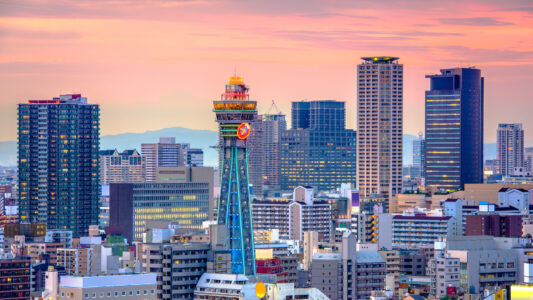
Hong Kong Monetary Authority Implements Mandatory Reporting and Record Keeping Rules for OTC Derivatives Transactions
The Hong Kong Monetary Authority (HKMA) is the central banking institution in Hong Kong. Established in 1993, it acts as the de facto central bank of the territory. The HKMA operates autonomously under the auspices of the Government of Hong Kong Special Administrative Region. The Hong Kong Monetary Authority introduced the Securities and Futures (OTC Derivative Transactions – Reporting and Record Keeping Obligations) Rules in July 2015 as part of Hong Kong’s commitment to the G20 agreement on mandatory reporting of all over the counter (OTC) derivatives transactions. Since then, reporting requirements have been mandated for authorised institutions (AI), approved money brokers (AMB), and licensed corporations (LC) under the Securities and Futures (Amendment) Ordinance 2014. Transactions must be reported within two business days (T+2).
What is HKMA Reporting
In the aftermath of the 2008 Global Financial Crisis, the Dodd-Frank Act was enacted as one of the largest and most comprehensive financial regulations in the United States. One of its primary objectives was to restore public confidence and prevent future financial crises. The rules for reporting OTC derivatives in Hong Kong are jointly governed by the HKMA and the Securities and Futures Commission (SFC). Under this framework, the HKMA was tasked with establishing the Hong Kong Trade Repository (HKTR), and reporting commenced in 2015. While other jurisdictions typically have multiple regulated, private trade repositories, Hong Kong has only the HKMA TR. Firms with a reporting obligation can either report directly to the TR or through a “submitting agent”. Similar to most other G20 OTC derivatives reporting regimes, the HKMA reporting covers the credit, equity, foreign exchange, interest rates, and commodities asset classes.
The HKMA regime requires the following entity types to report:
- Authorised Institutions
- Approved Money Brokers
- Licensed Corporations
- Central Clearing Counterparties
The HKMA is currently conducting consultations with the industry to implement its own rewrite of the Hong Kong reporting rules, with a proposed go-live date of September 29, 2025.
Products Requiring Reporting under HKMA
HKMA plays a pivotal role in ensuring the stability, integrity, and resilience of Hong Kong’s financial system, which is crucial for supporting the territory’s economy and maintaining its status as an international financial centre.
Who is obligated to report?
The following entities are mandated to report, with certain exemptions applicable:
- Holders of a capital markets services licence (CMSL), subject to exemptions.
- Significant Derivatives Holders (SDH) as outlined in section 6 of the Regulations (further details below).
- Banks in Singapore licensed under the Banking Act (Chapter 19).
- Subsidiaries of banks incorporated in Singapore, subject to exemptions.
- Merchant banks approved as financial institutions under the Monetary Authority of Singapore Act.
- Finance companies licensed under the Finance Companies Act; and
- Insurers licensed under the Insurance Act, subject to exemptions.
This requirement is detailed in Section 124 of the Act and Section 6 of the Regulations.
Since October 2019, entities holding Bank and Merchant Bank licenses, Significant Swap Holders, Capital Markets participants, Finance Companies, Insurance entities, and Subsidiary Banks meeting specific trading or AUM thresholds are subject to the regulation.
However, there are exemptions for exchange-trade derivatives (ETD). MAS regulations mandate reporting only for OTC derivative trades, with exchange-traded derivatives (ETDs) exempt from the regulation.









